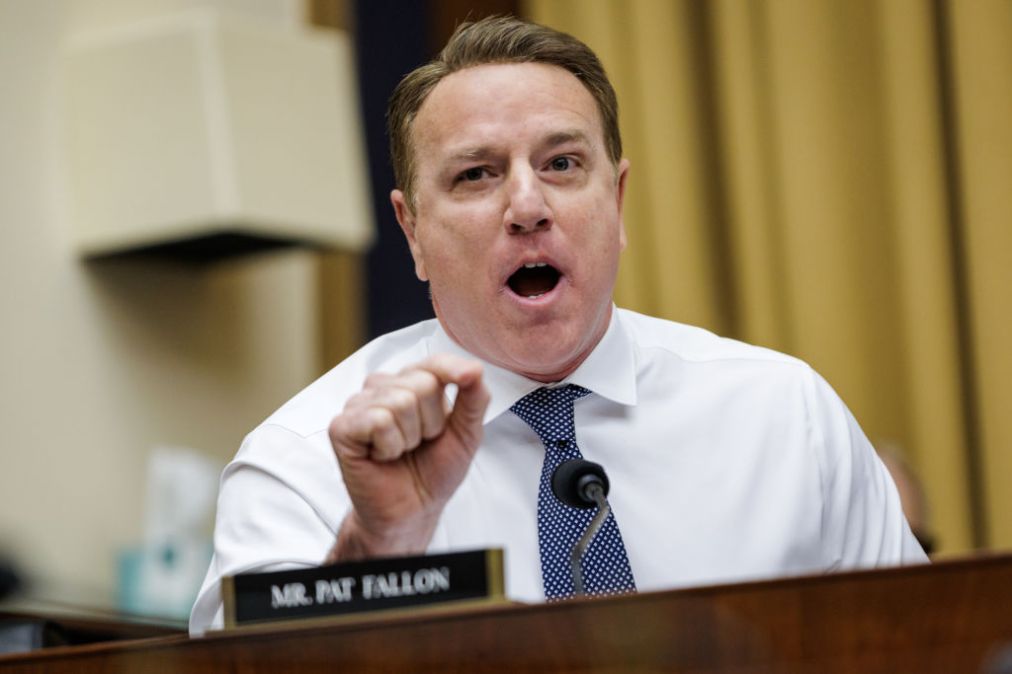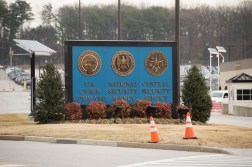Federal cyber workforce training institute eyed in bipartisan House bill

The federal cybersecurity workforce — an ever-shrinking group of tech talent under the Trump administration — would get a government-run training and development boost under a new bill from a bipartisan pair of House lawmakers.
The Federal Cyber Workforce Training Act from Reps. Pat Fallon, R-Texas, and Marcy Kaptur, D-Ohio, calls on the National Cyber Director to come up with a plan to create a centralized resource and training center for federal cyber workforce development. Specifics about the institute’s creation and operations would be detailed in a report to Congress, per the bill, which was introduced Thursday.
“This legislation modernizes our approach to building a robust cyber workforce by streamlining onboarding with hands-on, role-specific training and sets high standards via” Department of Homeland Security and Department of Defense collaboration, Fallon said in a press release. “By fostering sustainable career paths and bolstering recruitment with specialized talent management modules, we are taking necessary steps to fortify our defenses against escalating cyber threats.”
Kaptur said in the same press release that the bill aims to raise the bar for DHS and DOD in its onboarding training. “Our objective is to develop a framework to foster the highest levels of excellence in cybersecurity for professionals serving on the frontlines to safeguard our nation,” she said.
The legislation is aimed specifically at setting a better tone for cyber professionals within the federal government. Onboarding processes would include role-specific training, including “hands-on learning and skill-based assessments.” Those “modularized work” items, the lawmakers say, would better prepare workers from all walks of academic and professional life to “perform effectively in federal cyber work roles.”
The role-specific curriculum for those training modules would be developed in concert with DHS, DOD and others, per the bill. Entry-level positions would be prioritized in the lessons, though there would also be components geared toward mid-career cyber workers and those seeking to transition to such roles.
Finally, the lawmakers float the possibility of a module designed to train government HR and personnel officials “in the unique challenges in recruiting and hiring personnel for federal cyber workforce roles.”
Recruiting talented cyber workers to the federal government has been a major problem for years, and many lawmakers believe that problem has been exacerbated in the early months of the Trump administration, starting with freezes on various grants that left certain cyber programs in doubt.
Lawmakers have also warned that federal hiring freezes and cuts to the Cybersecurity and Infrastructure Security Agency’s workforce will have a long-lasting deleterious effect on recruitment. DHS won’t even tell Congress how many employees have been cut from CISA,
Rep. Eric Swalwell, D-Calif., ranking member of the House Homeland Security Committee’s Subcommittee on Cybersecurity and Infrastructure Protection, wrote in an op-ed published Monday on CyberScoop that DOGE’s quest to push federal workers into “high productivity” private-sector jobs undercuts years of recruitment efforts.
“Many of my colleagues in Congress were relieved when a federal judge ordered CISA to reinstate its terminated employees, but that victory was short-lived,” Swalwell wrote. “The employees who managed to get reinstated were immediately put on administrative leave, and other illegally terminated employees have struggled to get reinstated in the first place. That means that taxpayers are paying high-skilled talent to stay home instead of working to defend our nation.”






